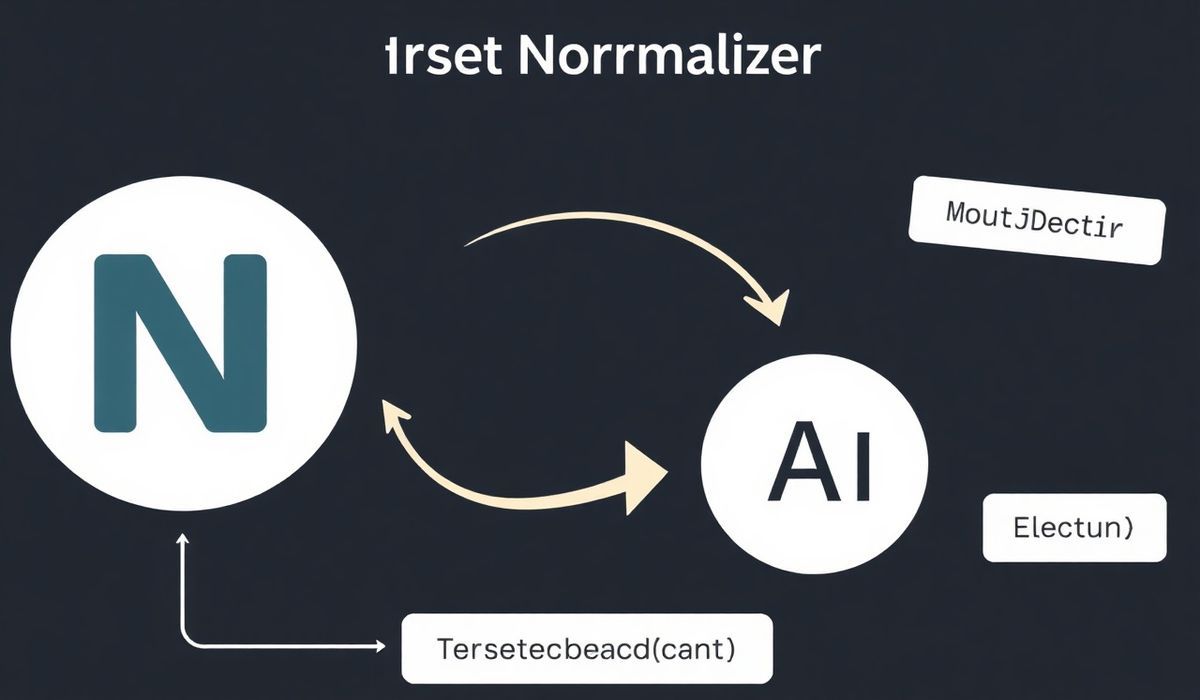Introduction to Jake – The Comprehensive Task Runner for JavaScript
Jake is a powerful task runner for JavaScript, offering an efficient way to automate repetitive tasks in your development workflow. It allows you to define and run tasks with ease, making your projects more maintainable and scalable. In this guide, we’ll introduce you to Jake, explore dozens of its useful APIs, and provide code snippets to help you get started. Additionally, we’ll create an example application to showcase Jake’s capabilities.
Getting Started with Jake
To install Jake, you need Node.js and npm (Node Package Manager) installed on your machine. Simply run the following command:
npm install -g jake
Defining a Basic Task
To define a basic task in Jake, create a file named Jakefile.js in your project directory:
desc('Prints a hello message');
task('hello', function() {
console.log('Hello, Jake task!');
});
You can now run this task using the command:
jake hello
API Examples and Usage
Task Dependencies
Jake allows you to define task dependencies, ensuring tasks run in a specific order:
desc('Secondary task');
task('second', function() {
console.log('Running the second task');
});
desc('Primary task');
task('first', ['second'], function() {
console.log('Running the first task');
});
Running jake first will first execute the ‘second’ task before running the ‘first’ task.
Namespaces
Organize your tasks using namespaces to avoid naming conflicts:
namespace('build', function () {
desc('Build the project');
task('all', function () {
console.log('Building the entire project...');
});
});
namespace('deploy', function () {
desc('Deploy the project');
task('all', function () {
console.log('Deploying the entire project...');
});
});
Running jake build:all will execute the build task, and jake deploy:all will execute the deploy task.
Asynchronous Tasks
For tasks involving asynchronous operations, use complete() to signal task completion:
desc('Async task example');
task('asyncTask', function() {
setTimeout(function() {
console.log('Async task completed');
complete();
}, 2000);
}, {async: true});
This task will wait for 2 seconds before outputting ‘Async task completed’.
File Tasks
File tasks execute only when a file has changed. This is useful for build systems:
file('output.txt', ['input.txt'], function() {
console.log('File task executed because input.txt has changed');
// Your code to process input.txt and create output.txt
});
Example Application: Building and Deploying
Here’s an example of using Jake to build and deploy a simple project:
namespace('project', function () {
desc('Clean build directory');
task('clean', function () {
console.log('Cleaning build directory...');
// Your clean-up code here
});
desc('Build project');
task('build', function () {
console.log('Building project...');
// Your build process here
});
desc('Deploy project');
task('deploy', function () {
console.log('Deploying project...');
// Your deployment process here
});
desc('Full workflow');
task('all', ['clean', 'build', 'deploy'], function () {
console.log('Project workflow completed.');
});
});
Running jake project:all will clean the build directory, build the project, and then deploy it, demonstrating a full workflow automation using Jake.
With Jake, you can automate and streamline your development processes efficiently. Utilize the APIs provided and boost your project productivity!
Hash: cdf30c6b345276278bedc7bcedd9d5582f5b8e0c1dd858f46ef4ea231f92731d




